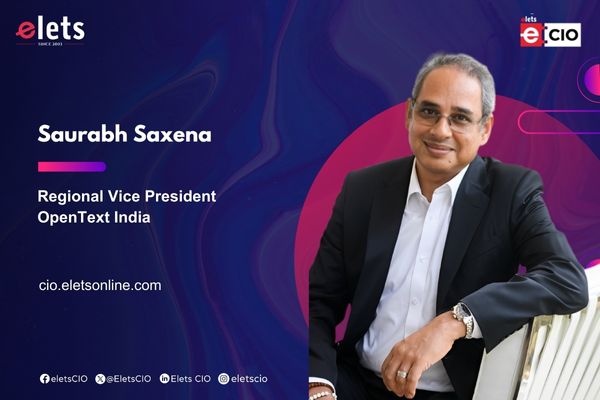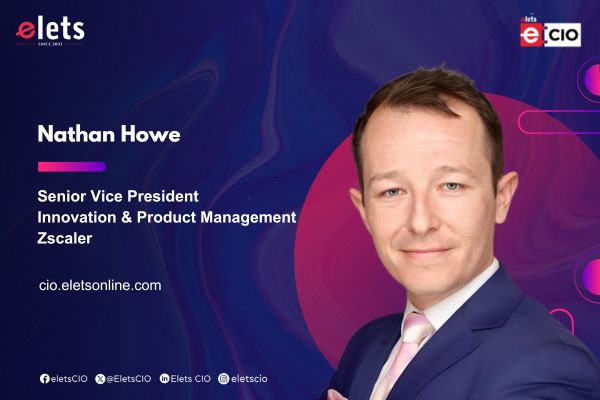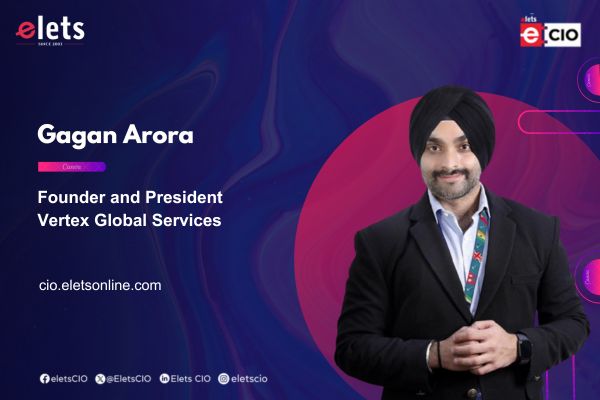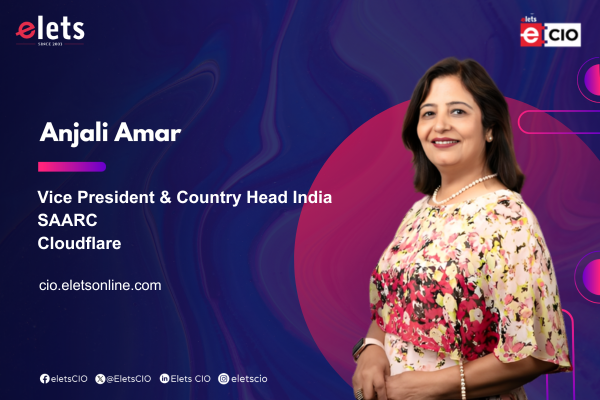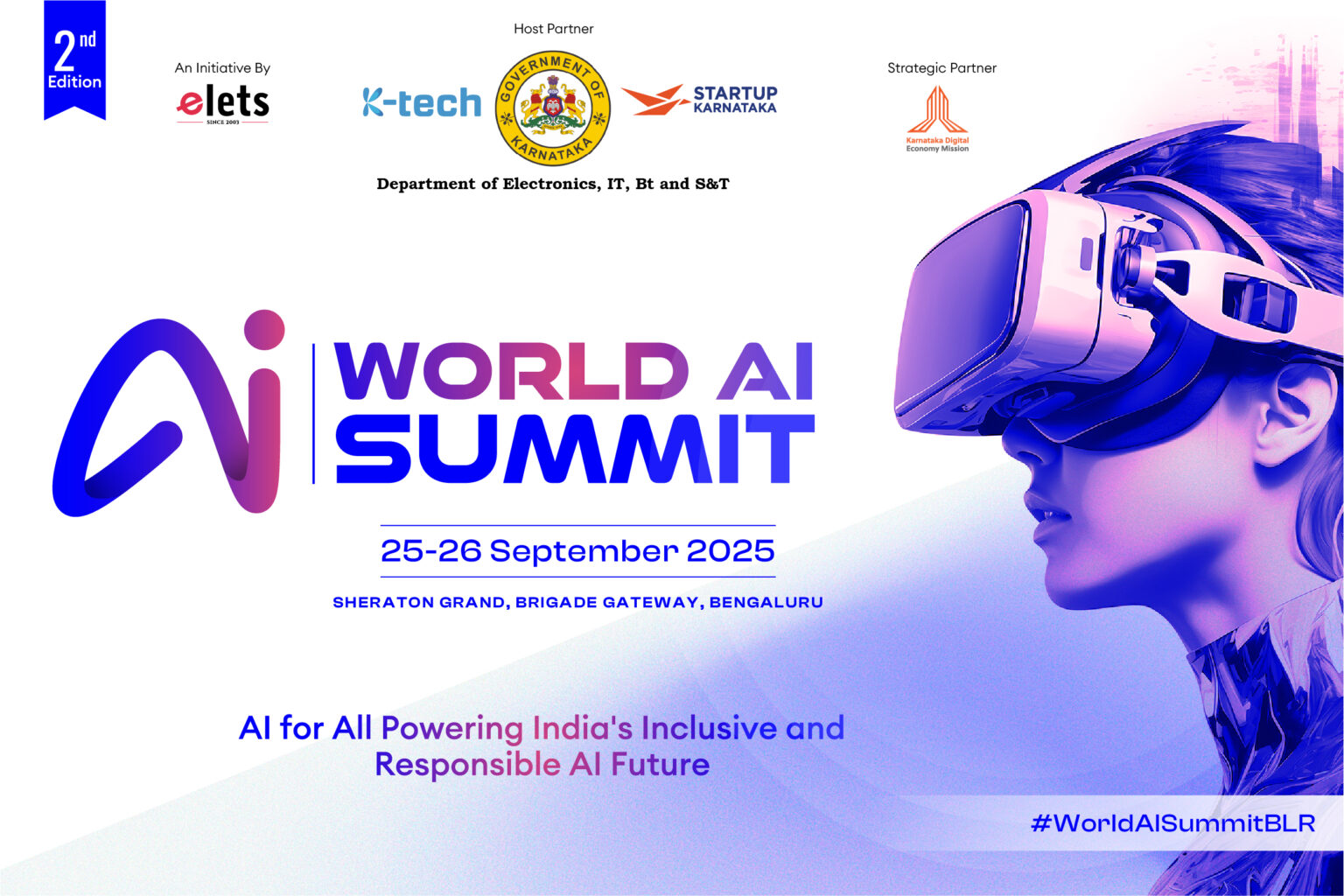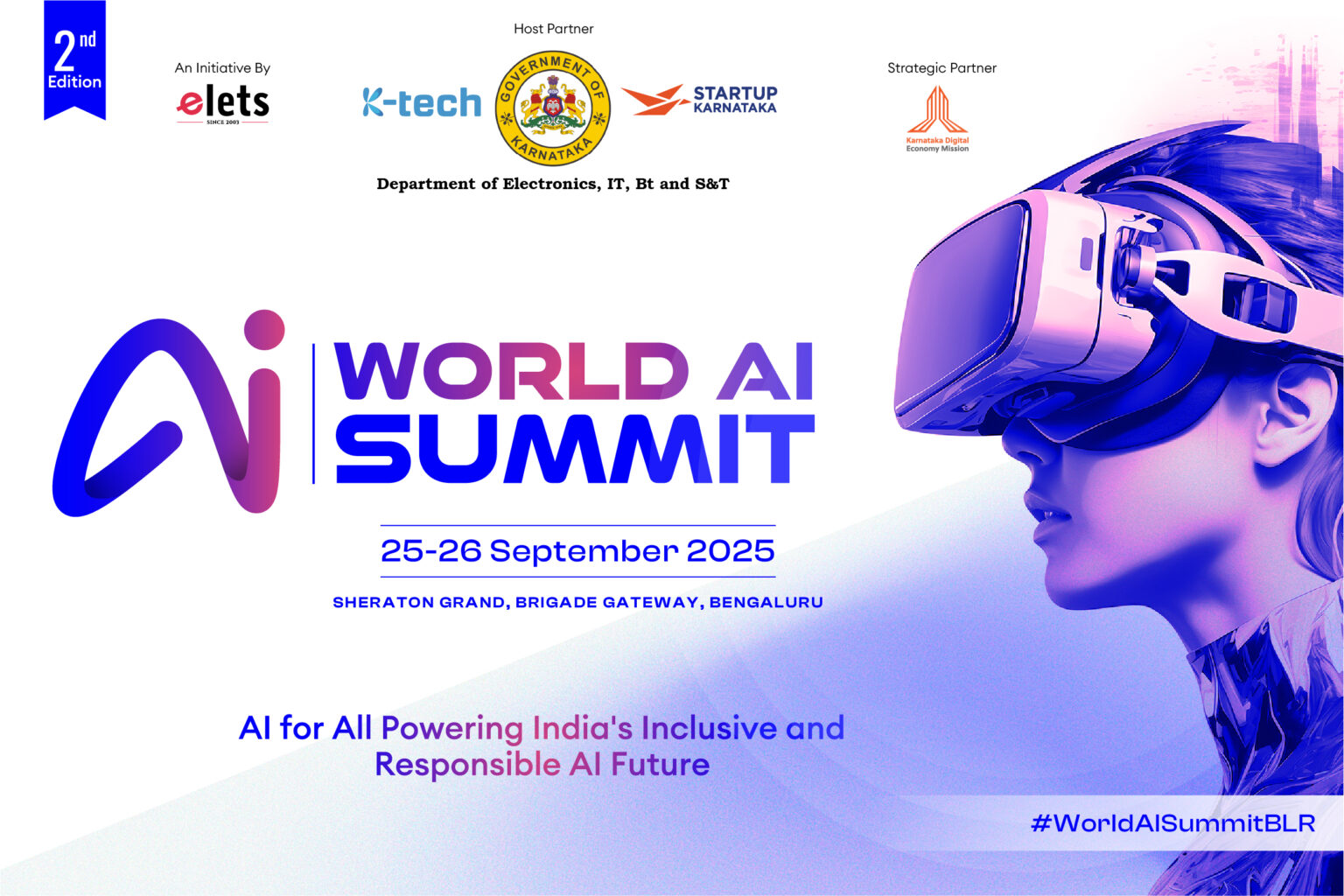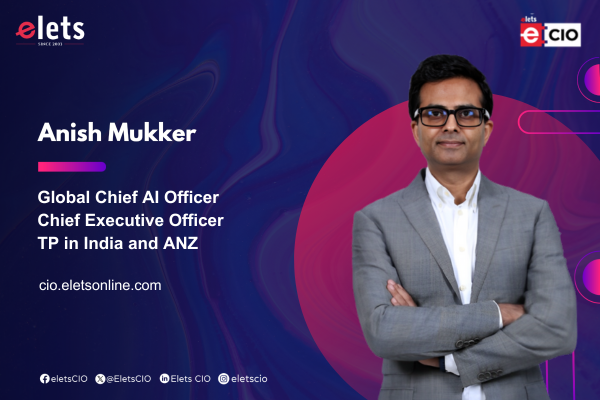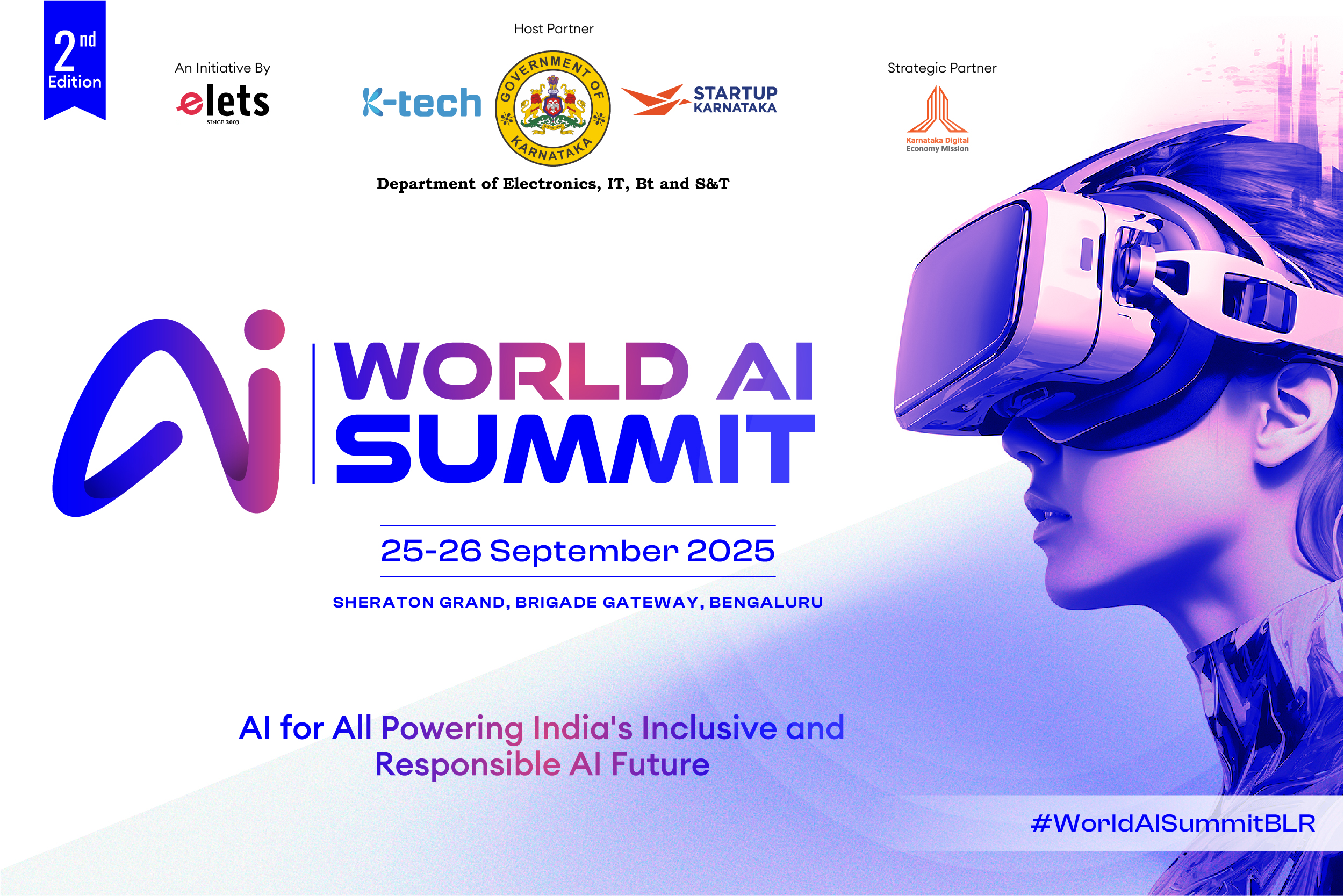
What do Rahul Dravid and Ravichandran Ashwin have in common beyond being cricketers from South India? Both achieved the rare feat of scoring centuries after turning 38. Rahul Dravid, in fact, scored five centuries past this age, while Ashwin recently joined the club by scoring a hundred shortly after his 38th birthday on September 17.
For GCCs (Global Capability Centers), which are now 38 years old since Texas Instruments and Motorola pioneered the model in Bangalore in 1986, this analogy holds weight. Just as sportsmen like Djokovic, Dravid and Ashwin continue to thrive well past the age most would expect, GCCs are on a similar path, refusing to rest on their laurels and pushing forward into new dimensions of greatness.
This message formed the crux of Mohandoss Thulasidoss’s (Founder and CEO, CompassMet) keynote session on GCC@2030: Strategic Globalisation Leverage, where he addressed an audience of business leaders on the future of global capability centres. Much like athletes who constantly challenge themselves to achieve more, GCCs, too, are only beginning to scratch the surface of their potential, poised to play a transformative role in global business.
TRIPLE BOTTOM LINE: A NEW CORPORATE MANDATE
Thulasidoss began by setting the stage for the evolving business landscape of 2030. He argued that organisations must move beyond the conventional notion of the “bottom line,” which focuses solely on profit. Instead, they should adopt a “Triple Bottom Line” approach—one that measures success across three metrics: profit, environmental impact, and social equity.
“The bottom line as we know it, based purely on profit, is no longer sufficient,” he noted. “By 2030, businesses will be judged by their ability to manage their impact on the planet and society, as well as their financial performance. If you’re doing well in profits but contributing to climate change and social inequality, you’re only hitting one out of three metrics.”
This shift is no longer optional but essential for long-term survival, with regulatory frameworks increasingly mandating businesses to adopt sustainable practices. Thulasidoss pointed to the energy transition as a critical challenge on the horizon. India, for example, is projected to derive 50% of its energy from renewable sources by 2030, while Denmark has already achieved 100% renewable energy. Businesses that fail to adapt to these changes, he cautioned, risk elimination.
PRECISION MEDICINE AND WORKFORCE EVOLUTION
Thulasidoss also touched on the implications of emerging technologies, such as precision medicine, which is set to revolutionise the healthcare sector. Precision medicine focuses on treating the individual rather than the disease, and while this will drastically improve health outcomes, its broader economic impact cannot be ignored.
“By 2070, people may look back at cancer the way we look at polio today—as a disease that was once fatal but has become obsolete. Billions of dollars are being invested in this future, and as life expectancy rises, the very notion of retirement at 60 will become irrelevant,” he explained.
This shift will have profound implications on workforce dynamics. With people working longer and healthier lives, the entire structure of careers, retirement, and even how we think about job roles will undergo a dramatic transformation. GCCs will need to stay ahead of this curve by fostering leaders who not only understand the complexities of industry transformation but are also adept at managing macroeconomic shifts on a global scale.
AI AND THE FUTURE OF WORK
Thulasidoss reminded the audience that while artificial intelligence (AI) is often hyped as the next big disruptor, its longterm potential is frequently underestimated. Drawing on Bill Gates’ famous saying—“We overestimate technology in the short run and underestimate it in the long run”—he emphasised that AI, while transformative, is just one piece of a larger puzzle.
“AI is important, yes, but it is a tool for bigger changes. Energy transition and precision medicine will have far more long-lasting impacts on the global economy,” he remarked. He stressed that while technology, including AI, is crucial, it must be implemented in service of broader goals like environmental sustainability, economic stability, and social welfare.
PREPARING FOR 2030: THE CAPABILITIES GCCs MUST BUILD
For GCCs to remain relevant and powerful by 2030, Thulasidoss outlined several key capabilities they must cultivate:
- Leadership Understanding: Leaders must not only focus on company-specific transformations but also grasp industry-wide shifts.
- Macroeconomic Agility: Global competition will increasingly hinge on understanding broader economic
changes, not just supply and demand. - Global Leadership: GCCs must develop leaders with a true global mindset, not just leaders who are globally
aware. - Calibrated Experimentation: The ability to balance speed-to-market with thoughtful innovation will separate good companies from great ones.
- Commitment to Triple Bottom Line: Profit alone is no longer a measure of success—sustainability and social impact are just as critical.
- Adaptability, Not Stereotypical Human Relations: Organisations must focus on dynamic human relations, fostering diversity of thought and culture.
Also Read :- STPI’s Role in Transforming India’s IT Sector
THE CLOCK IS TICKING
The keynote concluded with a stark warning—time is running out for companies that refuse to adapt. Businesses that continue to operate under the old model will be punished by the markets. ESG (Environmental, Social, and Governance) scores, he argued, are already becoming a key determinant of a company’s market value.
“A company with poor ESG scores will have a price-toearnings ratio of 10, while a smaller company with high ESG scores could have a P/E ratio of 100,” he said. “We’re already seeing smaller companies outperforming bigger firms, and it’s only going to accelerate,” he added.
Thulasidoss left the audience with a powerful metaphor, reminding them of Dravid and Ashwin’s resilience: “We need to reinvent ourselves like those athletes. Execution and innovation in business as usual are just table stakes. If you want to be truly great, you have to look at the bigger picture— one that includes the planet, society, and the future of work.”
The message from Thulasidoss’ keynote session on GCC@2030: Strategic Globalisation Leverage could not be more clear: GCCs must lead the charge towards sustainable, inclusive, and innovative growth—or risk being left behind.
Views expressed by Mohandoss Thulasidoss, Founder & CEO, CompassMet
Be a part of Elets Collaborative Initiatives. Join Us for Upcoming Events and explore business opportunities. Like us on Facebook , connect with us on LinkedIn and follow us on Twitter.
"Exciting news! Elets technomedia is now on WhatsApp Channels Subscribe today by clicking the link and stay updated with the latest insights!" Click here!



